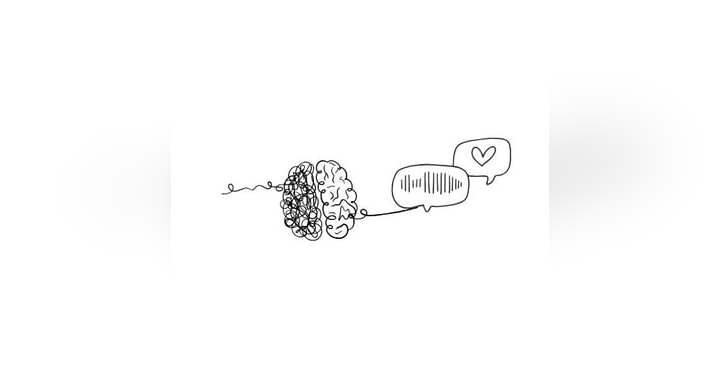Understanding Oppositional Defiant Disorder
Unlocking Understanding of Oppositional Defiant Disorder
Oppositional Defiant Disorder (ODD) is a behavioral disorder during childhood distinguished by a continuous pattern of irritable, argumentative, and defiant behaviors primarily directed towards authority figures. Understanding ODD is critical for early intervention, correct treatment, and provision of vital support for affected children and their families.
Defining Oppositional Defiant Disorder
The Diagnostic and Statistical Manual of Mental Disorders, Fifth Edition (DSM-5), provides specific diagnostic criteria for ODD. These include a noticeable pattern of anger, defiance, or vindictiveness lasting at least six months, which significantly impacts social, academic, and occupational functioning.
Why Differentiating Healthy Defiance from ODD Matters
It's crucial to differentiate between occasional defiance typical of child development, and persistent, negative, and hostile behavior characteristic of ODD. While defiance is part of growing up — it's a child's way of testing boundaries and asserting independence — ODD's persistence and significant impact on daily life distinguish it notably.
Risk Factors and Causes of Oppositional Defiant Disorder
ODD is linked to several genetic, environmental, and psychological variables. Genetic factors include a family history of mental health disorders. Exposure to neglect, violence, or abuse embodies environmental factors. A child’s temperament, personality traits, and exposure to inconsistent or harsh parenting can also contribute to ODD's development.
Identifying & Diagnosing Oppositional Defiant Disorder
ODD diagnosis requires a comprehensive evaluation by a mental health professional. This involves interviewing the child and caretakers, assessing behavioral patterns, and possibly using standardized questionnaires or rating scales. Importantly, other disorders such as ADHD, Conduct Disorder or anxiety should be ruled out, as these require different treatments.
Effective Treatment Options For ODD
Behavioral therapy like Cognitive Behavioral Therapy or Parent-Child Interaction Therapy can help children with ODD develop healthy coping mechanisms, enhance communication skills, and improve emotional regulation. Parent training programs and family therapy can equip caregivers with effective strategies for managing ODD symptoms and offer a nurturing and supportive environment.
In cases of coexisting conditions, such as ADHD or anxiety, medication might help improve the overall function and symptoms of ODD.
Concluding Notes
Recognizing the difference between regular childhood defiance and ODD is crucial for timely intervention and appropriate treatment. If your child exhibits persistent defiant behaviors that impair their quality of life, seek help from a mental health professional for accurate diagnosis and suitable treatment options.
Should you need more advice on parenting and mental health, tune into our podcast. We tackle a wide array of topics related to mental health, offering expert guidance and insights.












